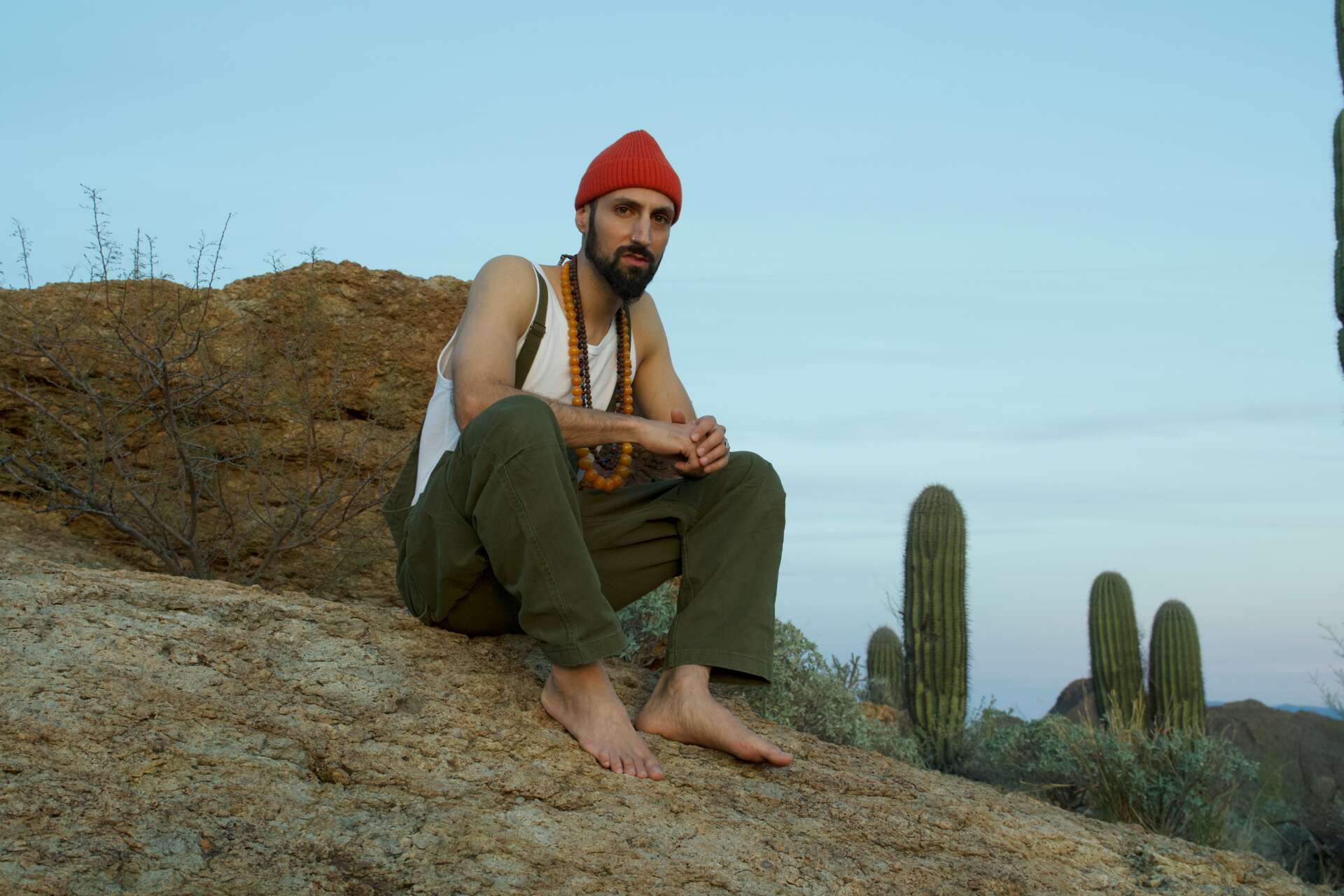We recently connected with Ojan and have shared our conversation below.
Ojan, thanks for joining us, excited to have you contributing your story. For folks who may not have read about you before, can you please tell our readers about your background? How did you get into music?
Thank you for having me. Well, I think artists often begin their journeys as fans, and strive to reach the heights of their favorite artists. I was listening to mature music as a small child. Sounds were playing in my head and I was constantly running around making noise and beat boxing. I played piano and trumpet. My mother, who’s a teacher and an artist, immersed me in Persian culture and language, a most poetic language. As a teenager, I started writing lyrics of my own and recording melodies on my keyboard. Like many teens, I liked to rap, but my vocals gradually became more melodic and started to reflect the music I’ve always adored most – reggae. I began to find my voice, and it was a revelation. Some artists are born with a unique voice, but others like myself have to develop it.
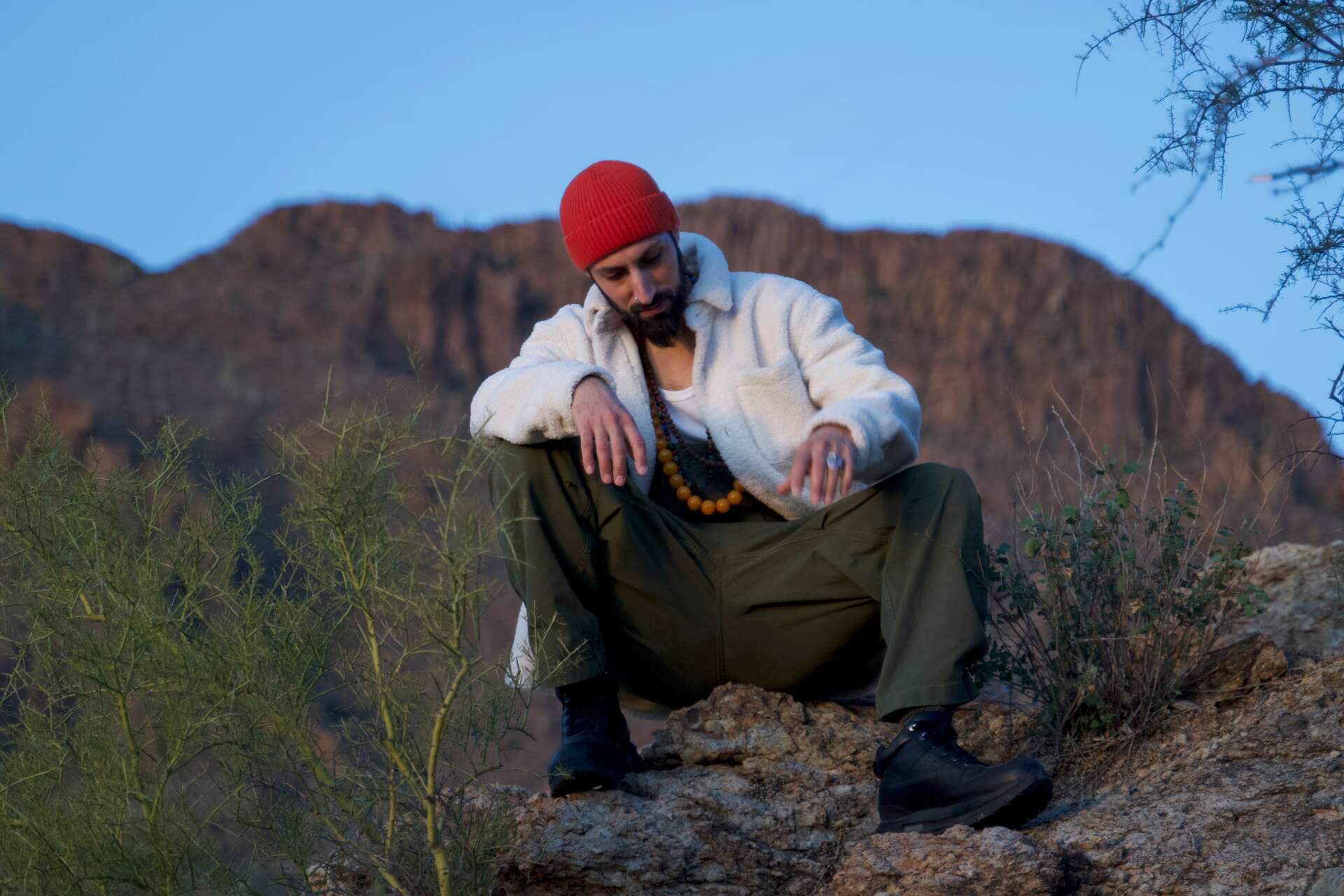
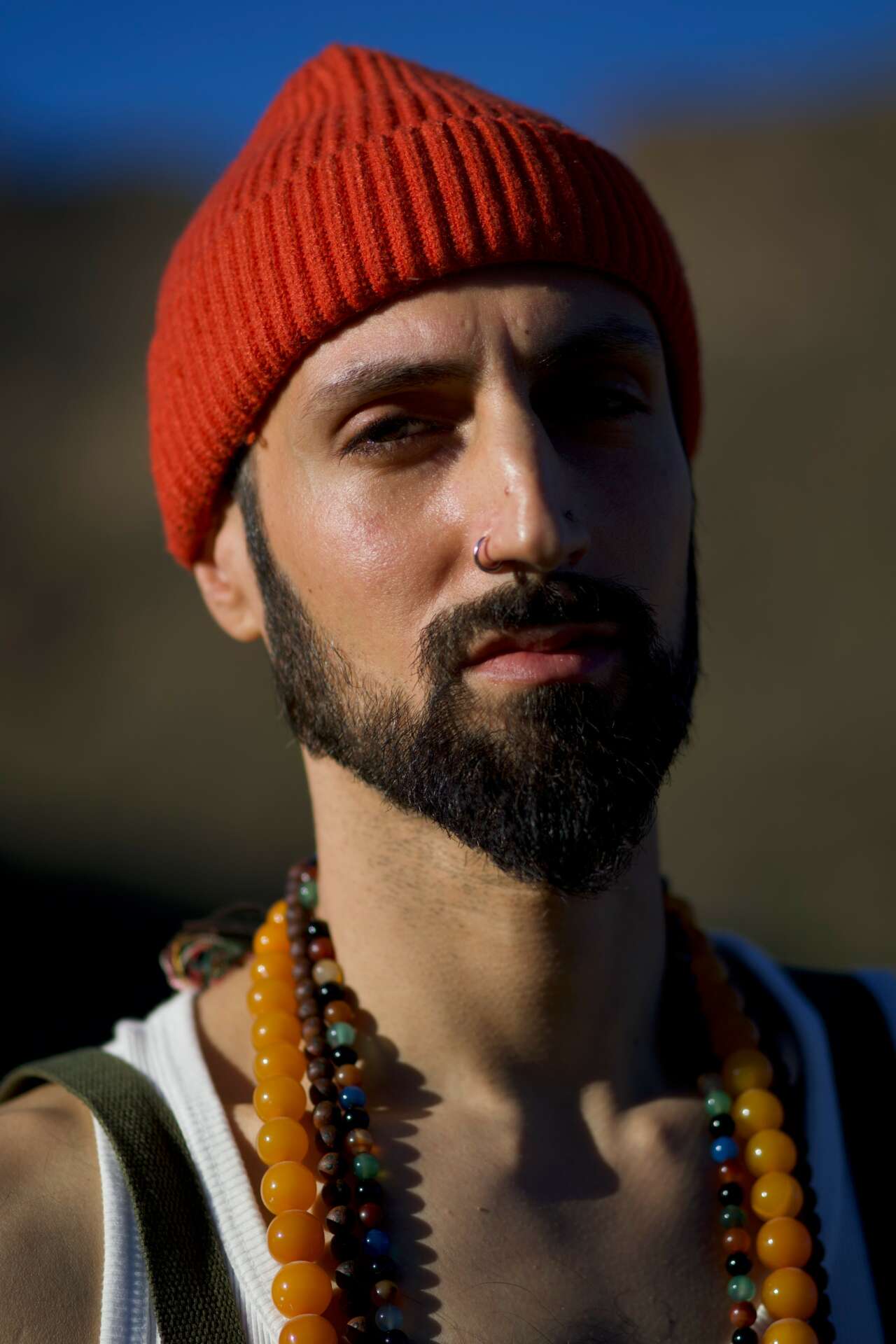
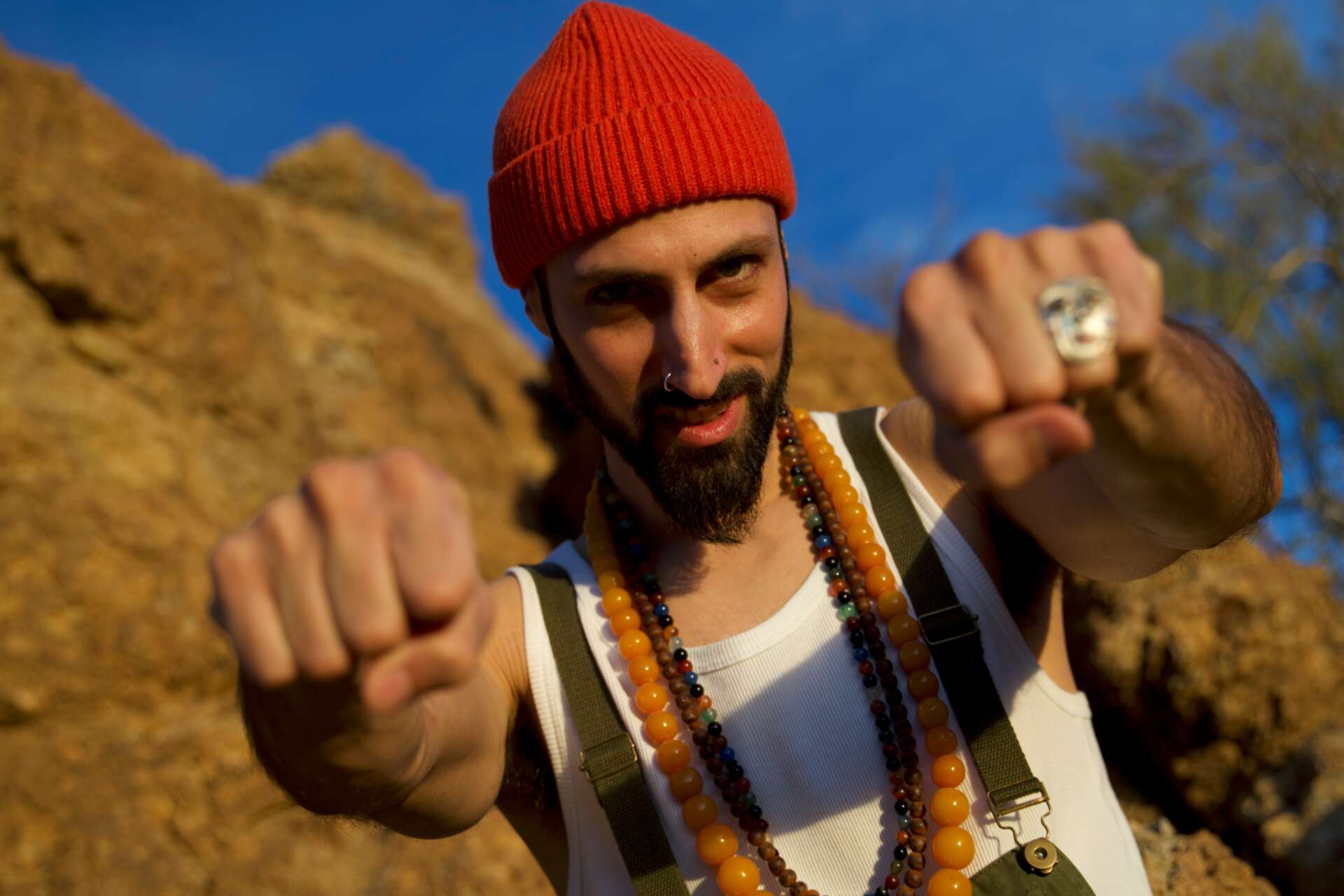
What do you think sets you apart from other artists? What are you most proud of and what are the main things you want potential fans to know about you?
I think what sets me apart is my ability to write songs that fit different genres. Reggae has the strongest influence on me. It’s full of righteous messages of love and rebellion, which suits me because I’m inclined to write about social issues. There are a lot of problems with this society that need to be addressed. Those with power don’t want these truths to be known because they benefit from the status quo. I’ve always felt an impulse to speak out against injustice without compromise. It runs in my blood, just like my mother Nadereh, my aunt Morvarid, and their father Hamid Zolghadr who was a renowned activist in Iran. That energy manifests itself in my music.
Today, more than ever, a lot of popular music is superficial. We need more originality, like back in the day. 70’s is my favorite era in music, and Bob Marley is my favorite musician of all time. I love R&B, Motown, and Salsa like Celia Cruz & Johnny Pacheco. My single Here With Me featuring Polanco & Cralo is a Reggaeton/Latin song with Spanish lyrics, and my single No Cuffin’ is more like HipHop/R&B. Cultures are mixing more and more every day. It’s sometimes hard to identify my target audience, which is important when you’re up and coming, but at the same time, I run into people on a daily basis who say they listen to “everything”. I’m fluent in both Spanish and Persian and by mixing them up, I create a synergy in my music that gives it a unique flavor. I’ll be doing that more and more. I’m passionate about world cultures and using my music as the means of bringing them together.
An artist’s job isn’t to just entertain, but to compel and convey a message in a unique way. Stephen Marley once told me my lyrics are a strong point in my music. I don’t think my voice is anything special, but it comes from the heart and carries feeling. Bring some amazing musicians into the mix, and you’ve got magic! They’ll improvise and take your music to another level. I first started recording musicians on my songs with Polanco playing guitar and his brother playing bass. I also networked with some incredible musicians in Stephen Marley’s band over the years, including lead guitarist Ranoy Gordon and drummer Squidly Cole, who recorded on my last two singles, Rolling Rockstar and Justice.
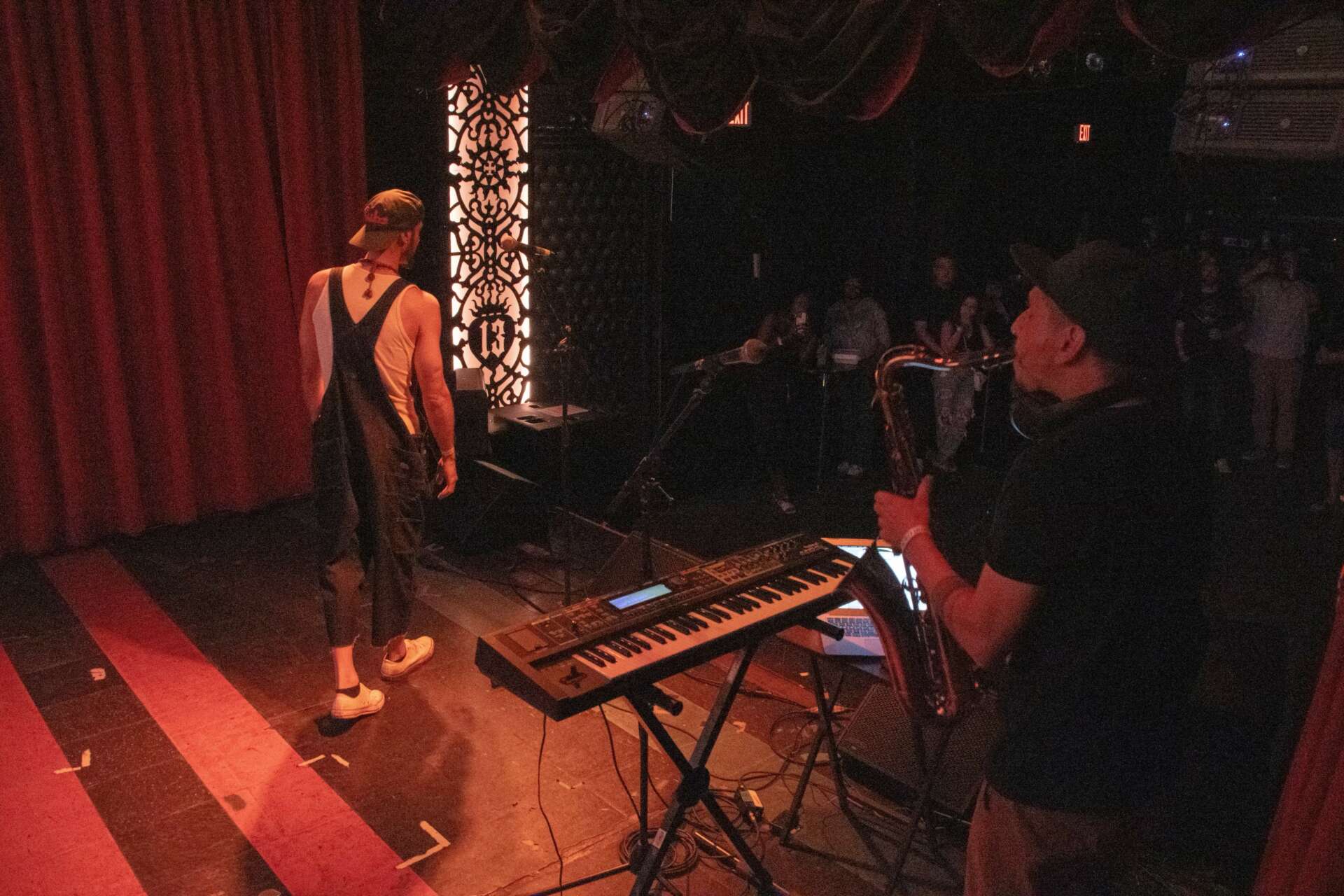
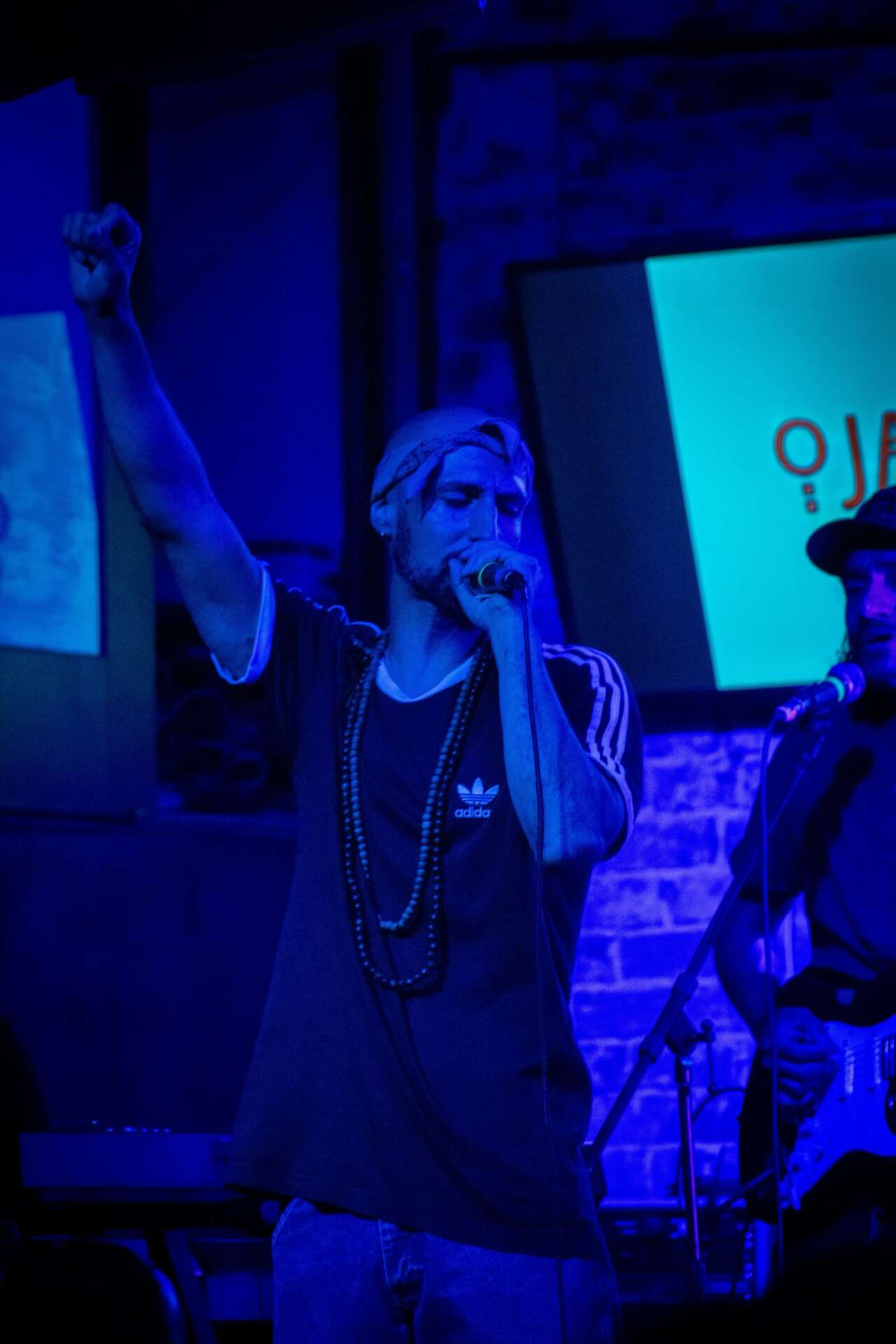
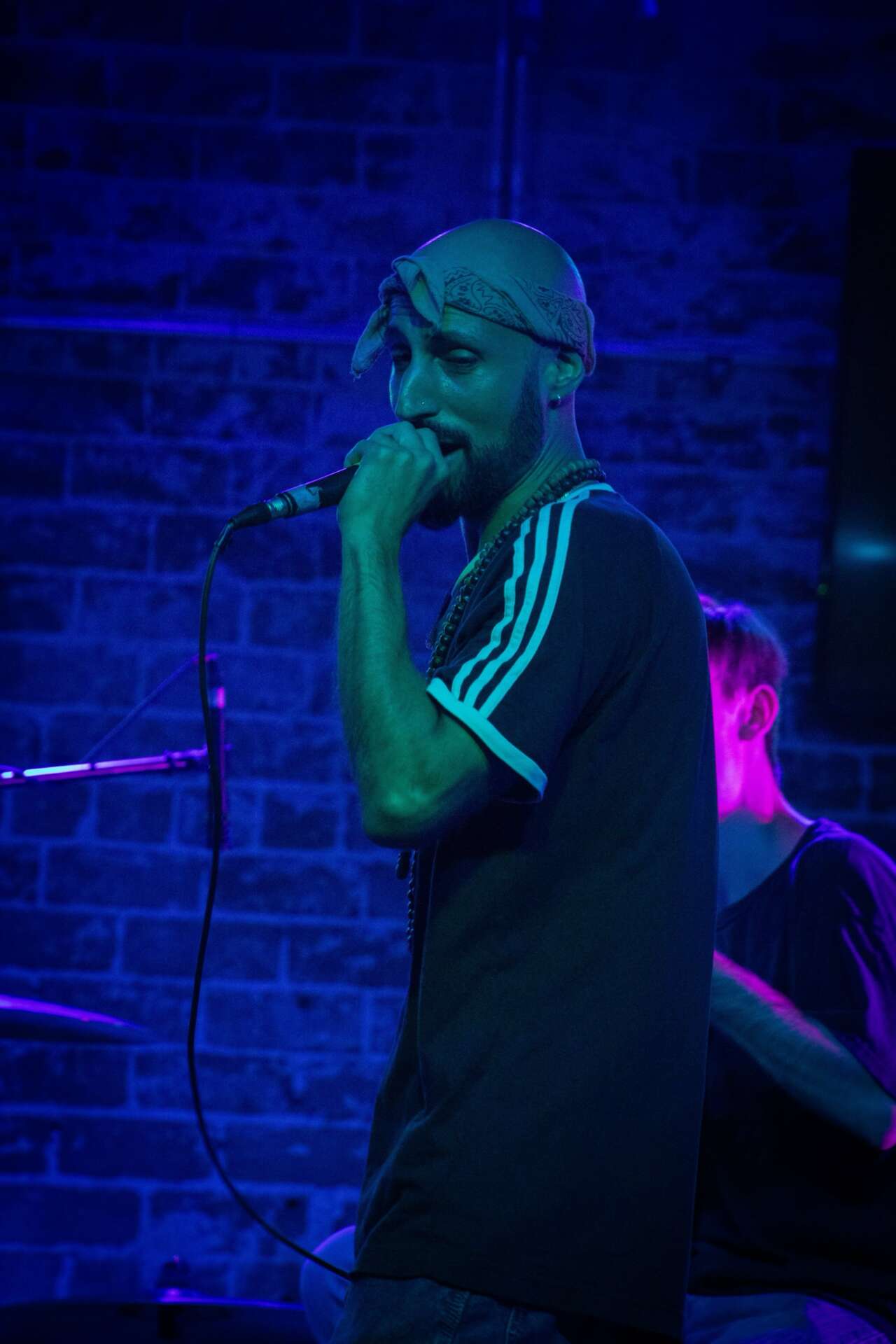
Talk to us about building your team? What was it like? What were some of the key challenges and what was your process like?
For years, I was producing my music entirely by myself, from scratch to the mixing stage, at which point I’d send my files to professional sound engineers, like Keith Grant. I met Keith backstage in Miami at Nine Mile Music Festival. He’s a veteran engineer with the Marley brothers and has worked with legends like Lauryn Hill. I learned so much from Keith over the years, about music and about life, and it’s been a great privilege. He’s given me invaluable advice that I reflect on all the time. Friends call him Silvah, but he has a heart of gold! In 2021, my friend Yung Délé, who’s a multi-instrumentalist afrobeats artist, insisted I work with OG Chiboi, a producer/artist/engineer with the unique ability to do all three brilliantly.
Since joining forces with OG Chiboi, the production of my music took a giant leap forward. He completes my work by filling in the gaps. There’s just compatibility. He helped me understand the importance of production. My sounds were outdated and my production lacked good arrangement, meaning beginning, middle, end, build-ups. OG Chiboi would replace sounds, change notes, adjust tempo, suggest harmony and ad lib placement. He gave me technical advice like how to construct and apply acoustic treatment in my home studio, and equipment recommendations for mics and preamps. OG Chiboi just has that ear, and as you evolve as an artist, all these factors become important.
OG Chiboi has been hard on me from the get-go, just like my friend Loren. They are both very generous in sharing their knowledge. They also tell you what you don’t want to hear. On a recent project, except for the bass line and a melody I knew had to stay, he tossed everything and built a great production around the song. He’s excellent with drums, which is very important and not a strong point of mine, so it’s perfect. Over the years, I have also benefited from useful criticism by other artist friends, such as Polanco, Yung Délé, and Dienamik. The guidance is a blessing. Once you’ve put in the work and you’re ready to produce music at the highest level, a team will organically start to build around you. Now you have a quality product to work with and promote and build visual content around. Now you’re in the game. Now all the effort you’ve put in over the years finally counts and you’ve got to pump out music.
Throughout this journey, I’ve worked with people I wasn’t compatible with, but when I finally started working with the right people, I understood their value. I keep them close and pay them as best as I can. I’ve also recorded with some incredibly gifted artists, but life’s challenges, whether personal or societal, caused them to quit. It’s hard to make it as an artist. Society doesn’t support us and we face many obstacles such as the meager compensation by streaming services. You’ve got to be relentless.
You perform live with a band. How did your band come together?
Well, Yung Délé and I had been jamming for years. We even sang Buena Vista Social Club Cuban songs in Spanish. Some friends who also played instruments joined us, and we played a few small gigs together. But one day Yung Délé said, “you need professional musicians”. At the next gig, I met a Tucson drummer, Des, who introduced me to his bassist friend, Rafe, and the three of us started to get together and play. Des then linked me with his cousin Deandre, keyboardist and producer. Around that time, Polanco introduced me to his guitarist friend Paskual who’s also a reggae artist who goes by Desert Seed, and saxophonist Pavel from a group called Villa Rosales, and boom, now we’ve got a band. We headlined at Club Congress in Tucson last summer, among other shows. We will soon be announcing two shows, at my alma mater University of Arizona, and another in Nogales, Sonora in Mexico before year’s end. We’re going to step up the live shows next year and set up bigger tours.
We’d love to hear the story of how you built up your social media audience?
My following consists mostly of local/regional followers. I think it makes sense to make an impact locally and regionally before expanding further out. I built my Instagram and YouTube following by promoting them at my shows, bringing attention to my merch table with a well-designed QR code poster to scan. I started off performing, promoting, and selling my merch at the local Tucson swap meet. Anytime I come across hip folk who I think would be interested, I’ll promote my music. You got to make that connection. I’m always enthused about my music, so it’s easy to get others to feel that way too and encourage them to stream on their preferred platform and hit that follow/subscribe button.
How did you put together the initial capital you needed to start your business?
It’s not easy to fund a music career. You have to make sacrifices, whether it’s your time, or money you could be spending on other things. Music videos, mixing & mastering, paying musicians, ads to promote your releases and shows are all costly. But when you know it’s growing and improving every step of the way, and feedback you’re getting suggests the same, it pushes you, and you’ve got to keep going. You have to believe in yourself. Selling merch at your shows generates profit, in addition to whatever you’re making at the door. Polanco and I designed a fresh set of tees and stickers for my shows this year, and the proceeds went to my band. A sponsor would be helpful, and I’m putting that out in the universe. I also have a fundraiser page fundraising.fracturedatlas.
Contact Info:
- Instagram: ojanmusic
- Youtube: ojanmusic
- Other: Spotify: Ojan Apple Music: Ojan All Streaming Services: Ojan
Image Credits
Lucas Iosue, Jon Morales


